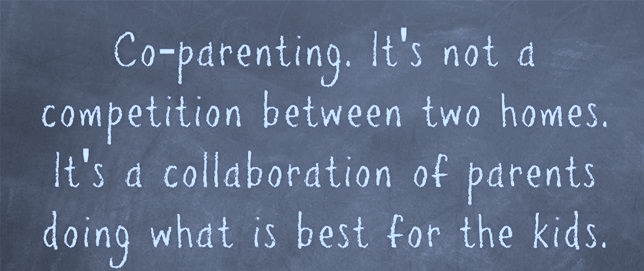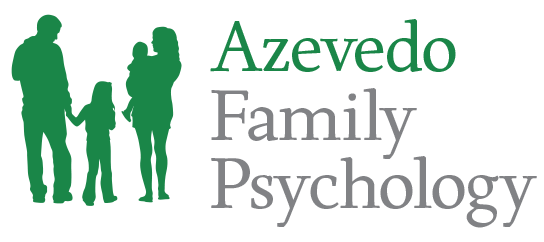
Dr. Azevedo Discusses Fear of Mass Shootings on WRAL
August 16, 2016
The Ingredients of Responsible Co-parenting
October 7, 2016Discernment counseling is an option for couples seeking direction in their relationship. If one partner is leaning towards ending the relationship while the other wants to repair it, discernment counseling determines if a solution is possible.
Making an informed decision about your relationship can often be difficult for couples, especially when it’s on the brink. Discernment counseling offers an outlet for careful consideration of all options in a patient and compassionate setting.
Discernment counseling operates on a set of core principles that seek to foster this environment.
Neutrality
With that environment as a goal, communication and respect are important facets of discernment counseling. Your counselor won’t pick sides or pass judgment, but rather respect both partners’ opinions. Being open and honest when expressing your feelings will also help you and your counselor understand the situation and your options. Similarly, one on one interactions between a partner and the counselor remove the influence of having the other partner in the room and stresses accountability.
Effort and Commitment
Another key principle of discernment counseling is the importance of effort. We believe marriages can often be healed if both partners want to work for their relationship. Restoring a relationship is emotionally taxing and requires patience, openness, and effort, but it is possible. For the process to work, it requires equal buy-in from both partners.
Openness to All Options
However, we understand staying together is not always the best option. Divorce or separation can be necessary if a partner doesn’t wish to cooperate, behaves destructively or selfishly, or is unwilling to make changes necessary to help rebuild the relationship. Humans are able to improve and help one another, but healing also requires work and dedication to ensure a lasting change.
Equal Time
The process typically involves one on one discussions between the counselor and partner, rather than typical marriage counseling that often emphasizes group conversations. Because the goal is not to force a final decision, clarifying the goals of each partner is important. In fact, if a partner has already made up their mind, discernment counseling isn’t the answer.
Discernment counseling values these principles and gives couples a chance to calmly and thoughtfully discuss their situation. By encouraging couples to communicate, weigh their options, and put for their best effort, the process seeks to further both partners’ understanding and confidence about their future.


